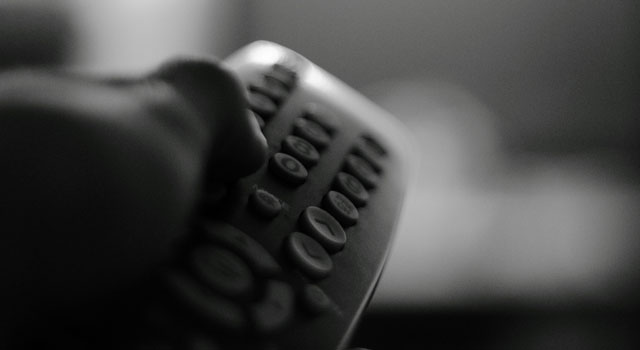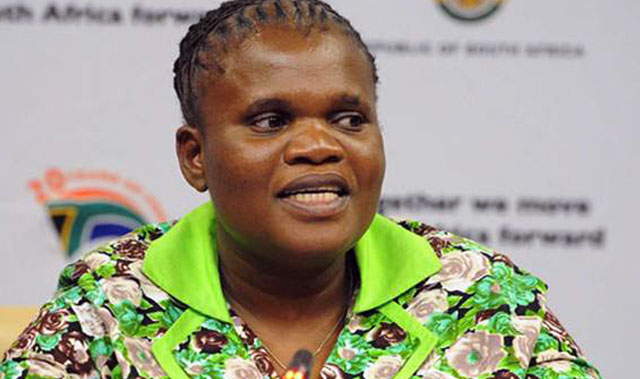
Encrypted digital television set-top boxes risk being expensive for government and burdening poorer South Africans with defunct technology, says pay-TV provider MultiChoice.
Set-top boxes are key to South Africa’s digital migration, which will shift the SABC from analogue to digital signals and open up frequencies for faster broadband. The boxes will decode digital signals for older analogue television sets.
Subsequently, government plans to roll out subsidised set-top boxes to 5m poorer households to help with the digital migration process.
But the issue of encryption of these set-top boxes has become a battleground between broadcaster e.tv and Naspers-owned MultiChoice and the department of communications.
Last month, upon a legal challenge from e.tv, the supreme court of appeal overturned communications minister Faith Muthambi’s decision not to encrypt the subsidised set-top boxes.
The court ruled that Muthambi failed to properly consult parties on her decision to amend policy on encryption, and that her decision could cost e.tv R3bn to manufacture extra boxes.
Broadcaster e.tv has also argued that a lack of encryption would hinder high definition broadcasts and risk noncompliant STBs receiving digital broadcasts.
But MultiChoice-owned M-Net, together with Muthambi, have lodged an application with the constitutional court for leave to appeal the supreme court’s decision.
“The [court] erred in accepting e.tv’s argument that encryption is needed to allow free-to-air broadcasters to obtain high-definition content,” said MultiChoice.
MultiChoice said broadcasters ranging from the BBC and Channel 5 in the UK to CBS in the US do not encrypt signals but are able to obtain high-definition content.
In a “fact sheet”, MultiChoice further outlined its position on the matter. The company said government’s subsidy of the 5m set-top boxes will come at a cost to the fiscus of approximately R2,5bn.
But MultiChoice argues that in future, newer television sets — which are becoming cheaper — will be capable of receiving digital signal, making set-top boxes obsolete.

“If it is decided to put encryption technology, also known as conditional access, in this converter it will mean that when the household decides to upgrade to a digital television set there will still be a need to keep this converter to [decrypt] the free-to-air signal, which does not need to be encrypted in the first place because it is precisely that — a free-to-air signal,” said MultiChoice.
“In our experience, a set-top box lasts five to seven years on average before it breaks. If we encrypt the signal and the digital televisions will forever be dependent on the boxes, who will fund the second (and third and fourth) round of subsidy, a lot more than R2,5bn each time?” added MultiChoice.
Cost to the taxpayer
MultiChoice’s other arguments against encryption include the premise that unencrypted boxes are cheaper to make, which could mean that government could subsidise more poorer TV households.
It said that encryption software requires annual maintenance and has ongoing costs for royalties.
“Encrypting the free signals (which do not require encryption because they are meant to be free) will require massive back-end systems and investments in support structures like call centres,” said MultiChoice.
“The cost of maintaining a call centre of a thousand people to service these requirements is R300m/year.”
In contrast, MultiChoice has alleged that overseas software makers will “reap tens of millions per year”. It has also argued that TV makers will have less incentive to sell digital televisions in South Africa and “dump old analogue televisions into the South African market”.
In its final arguments, MultiChoice said that encryption is not required for the broadcast of HD content by free-to-air broadcasters as specifications already exist to protect this type of content.
MultiChoice added that encryption is also not required to protect local manufacturers.
“The department of trade & industry has imposed an import duty of 15% on all imported set-top boxes,” said MultiChoice.
“Government controls the purse strings. They issue the tender and decide who gets the contracts for the manufacture of the 5 million boxes and can direct those orders to local manufacturers,” it added.
E.tv was asked to comment on M-Net’s bid to challenge the supreme court ruling and on MultiChoice’s arguments regarding encryption of set-top boxes. However, the broadcaster has opted not to comment at this stage.
“E.tv’s legal team has commenced preparing their legal papers and will not be commenting at this stage,” Vasili Vass, group head for e.tv’s corporate affairs said in a brief e-mailed statement.
In the meantime, MultiChoice is standing firm on its stance that encryption is unnecessary.
“It is patently clear that encryption is not necessary, is expensive, is not policy in any major countries in the world, will be harmful to the poor and is not required for a quick and smooth migration process,” said the company.
“On the contrary, adding encryption technology will lock South Africa into an old world forever and a day, will benefit only a few with vested commercial interests and is anti-poor,” added MultiChoice.




